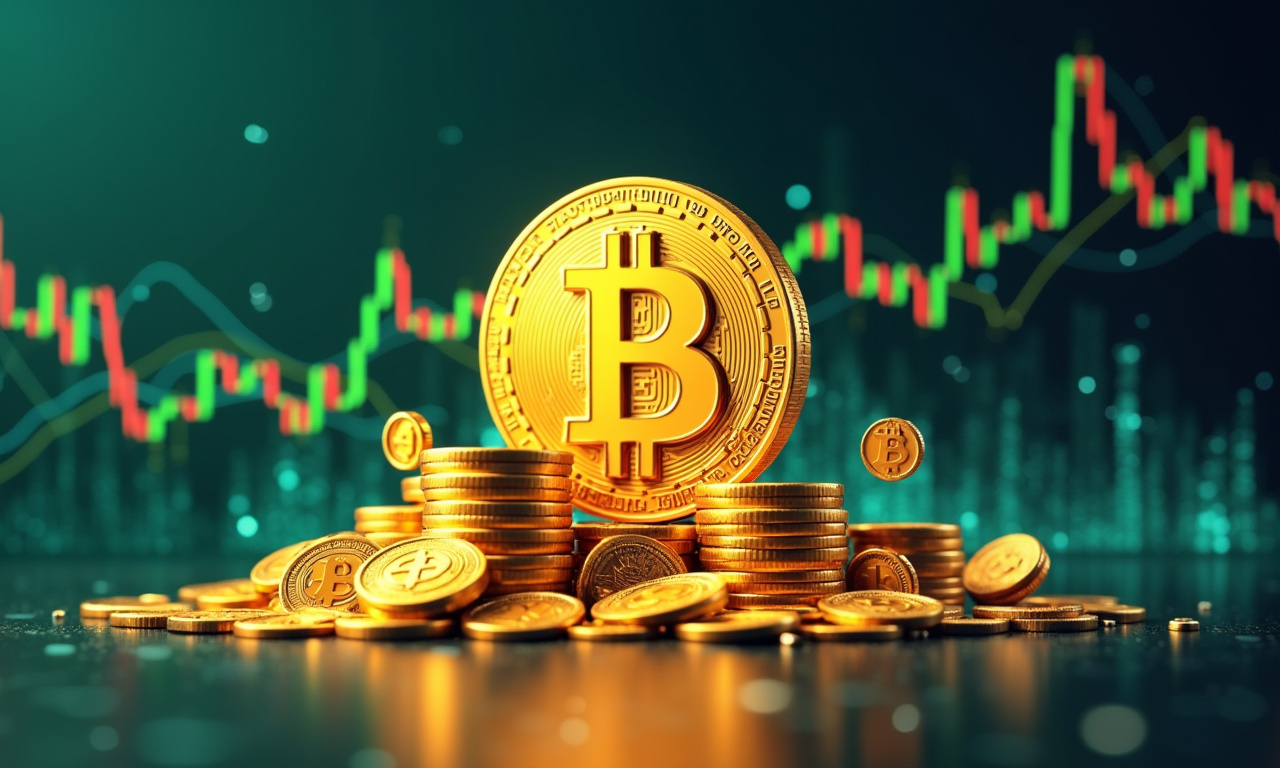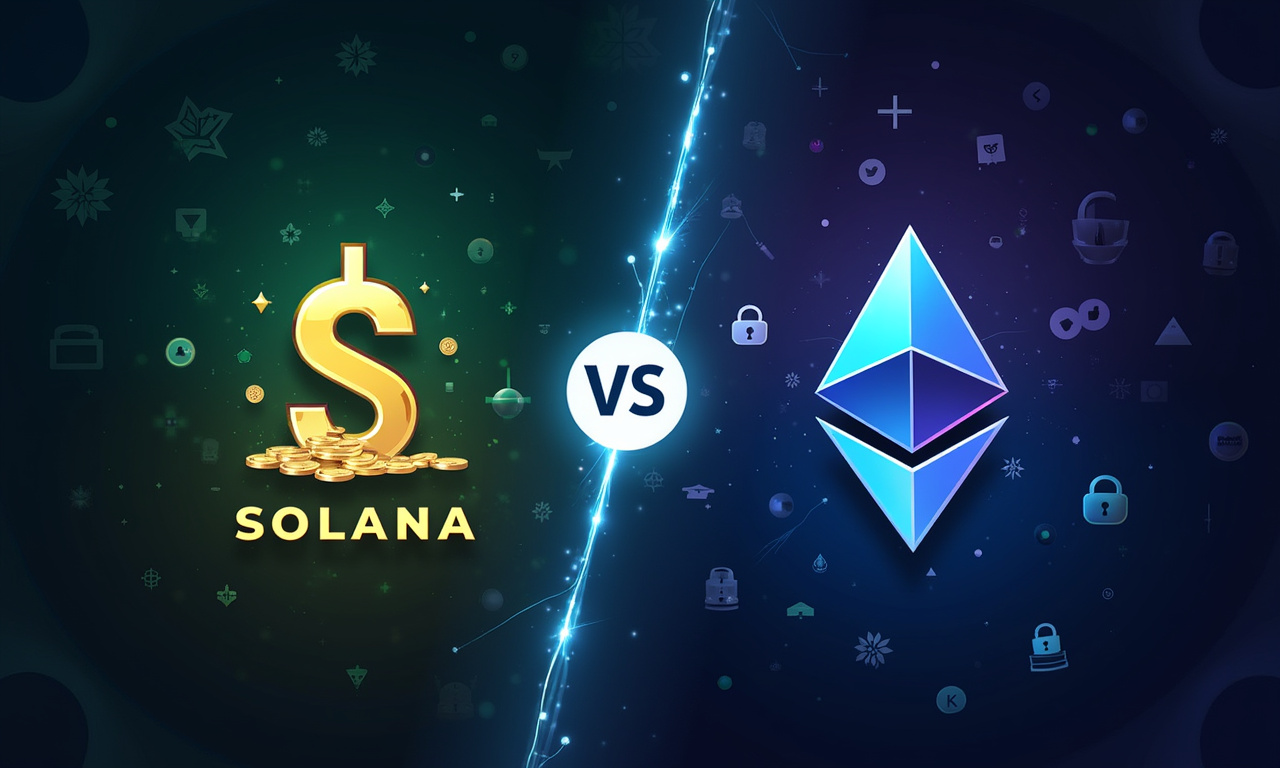
We've all seen the headlines. At the same time crypto is booming, staggering fortunes are being made, the future is decentralized, etc. But lurking beneath the surface of this digital gold rush is a harsh reality: crypto is incredibly vulnerable. And the reality is, retrieving lost or stolen crypto is usually wishful thinking.
Crypto Loss Isn't Always Reversible
Let's be blunt. You’ve seen the commercials claiming they can help you recover your lost Bitcoin. They put up evidence of success and brag about their high recovery rates. Think about it, do these claims really hold water?
During just 2024, a shocking $48.4 billion disappeared into the blockchain universe as a result of scams and hacks. That’s a number that should turn anyone’s stomach green. In this environment, companies such as Puran Crypto Recovery (PCR), often touted as crypto industry heroes-in-waiting, with their 94% success rate and $420 million recovered. It’s time to pump the brakes and take a second look.
Certainly yes PCR and other like-minded companies do provide work, and in certain instances they can be effective. The notion that crypto you lost can be quickly and painlessly recovered is a faulty and frankly hazardous assumption.
Think of it like this: imagine losing your cash in a crowded city. You might hire a private investigator, but would you not expect them to find every last dollar. Crypto recovery firms encounter the same, often uphill, challenges.
The irony is so rich that it is almost comical. Consequently, a market predicated on decentralization and trustlessness has taken root. It has ignited a booming multimillion-dollar industry committed to fixing the issues caused by its built-in weaknesses. Within that industry lurks a new breed of predator: recovery scams.
- Type of Loss: Was it a scam, a hack, a wrong transaction, or a lost password? Each scenario presents unique challenges.
- Jurisdiction: If it's a scam, is the perpetrator within reach of law enforcement? That's a massive if.
- Wallet Type: Was the crypto in a custodial wallet (like on an exchange) or a non-custodial wallet (where you control the keys)? Recovery from custodial wallets might be possible with cooperation from the exchange, but non-custodial wallets offer far less recourse.
These deceptive services take advantage of people’s desperation and compete by offering guaranteed results and charging upfront fees. They’re the legal world’s ambulance chasers, preying on your misfortune.
Recovery Services: Savior or Scam?
It's a double whammy: you've already lost crypto, and now you're at risk of being scammed again. The emotional toll is immense. All of that anger, all that frustration, all of that anxiety… the conditions are absolutely right to make terrible, horrible, no-good decisions.
This is where the unexpected connection comes in: it's like the subprime mortgage crisis all over again. It’s not fair to expect the average person to unpack and understand something like cryptocurrency. They are seduced by stories of quick fortunes, while market manipulators run rings around the system to line their own pockets. The only difference, you ask? This time, there is even less regulation and oversight.
The uncomfortable truth is this: the best way to "recover" crypto is to never lose it in the first place.
- Guaranteed Recovery: No legitimate service can guarantee recovery. It's simply impossible.
- Upfront Fees: Be extremely wary of services that demand large upfront payments.
- Lack of Transparency: Legitimate firms will be transparent about their process and fees.
- Pressure Tactics: Scam services often use pressure tactics to get you to sign up quickly.
Consider your crypto wallet the same way you would your physical wallet. You wouldn’t leave it on a public bench, would you? You wouldn’t hand your PIN code to a random person on the street, would you? So why is it that you have such different expectations for your digital assets?
At the end of the day, how you protect your crypto assets is up to you.
Prevention is the Only Guaranteed Recovery
When treatment is not an option, PCR and other recovery services can be highly effective. They are far from a panacea. Fifth, don’t count on them to be your safety net. Instead, work on doing the right thing and safely storing your crypto so you don’t get duped in the first place.
We understand that the crypto world, while exhilarating and promising, is chaotic and rife with potential pitfalls. It’s a Wild West, where risks are high and rewards are uncertain at best. Approach it with caution, educate yourself, and remember the uncomfortable truth: prevention is the only truly reliable form of recovery.
Think of your crypto wallet like your physical wallet. You wouldn't leave it lying around in public, would you? You wouldn't give your PIN to a stranger, would you? So why treat your digital assets any differently?
Here are some essential preventative measures:
- Use Strong Passwords: And never reuse passwords across different platforms.
- Enable Two-Factor Authentication (2FA): This adds an extra layer of security to your accounts.
- Use a Hardware Wallet: This stores your private keys offline, making them much harder to steal.
- Be Wary of Phishing Scams: Never click on suspicious links or download attachments from unknown senders.
- Do Your Research: Before investing in any cryptocurrency, understand the risks involved.
- Diversify Your Holdings: Don't put all your eggs in one basket.
- Regularly Back Up Your Wallet: In case of hardware failure or other unforeseen events.
- Educate Yourself: Stay informed about the latest security threats and best practices.
Ultimately, the responsibility for protecting your crypto assets lies with you.
While PCR and other recovery services might be able to help in certain situations, they are not a magic bullet. Don't rely on them as a safety net. Instead, focus on taking proactive steps to secure your crypto and avoid becoming a victim in the first place.
The crypto world is exciting, innovative, and full of potential. But it's also a Wild West, where risks are high and rewards are uncertain. Approach it with caution, educate yourself, and remember the uncomfortable truth: prevention is the only truly reliable form of recovery.

Tran Quoc Duy
Blockchain Editor
Tran Quoc Duy offers centrist, well-grounded blockchain analysis, focusing on practical risks and utility in cryptocurrency domains. His analytical depth and subtle humor bring a thoughtful, measured voice to staking and mining topics. In his spare time, he enjoys landscape painting and classic science fiction novels.








